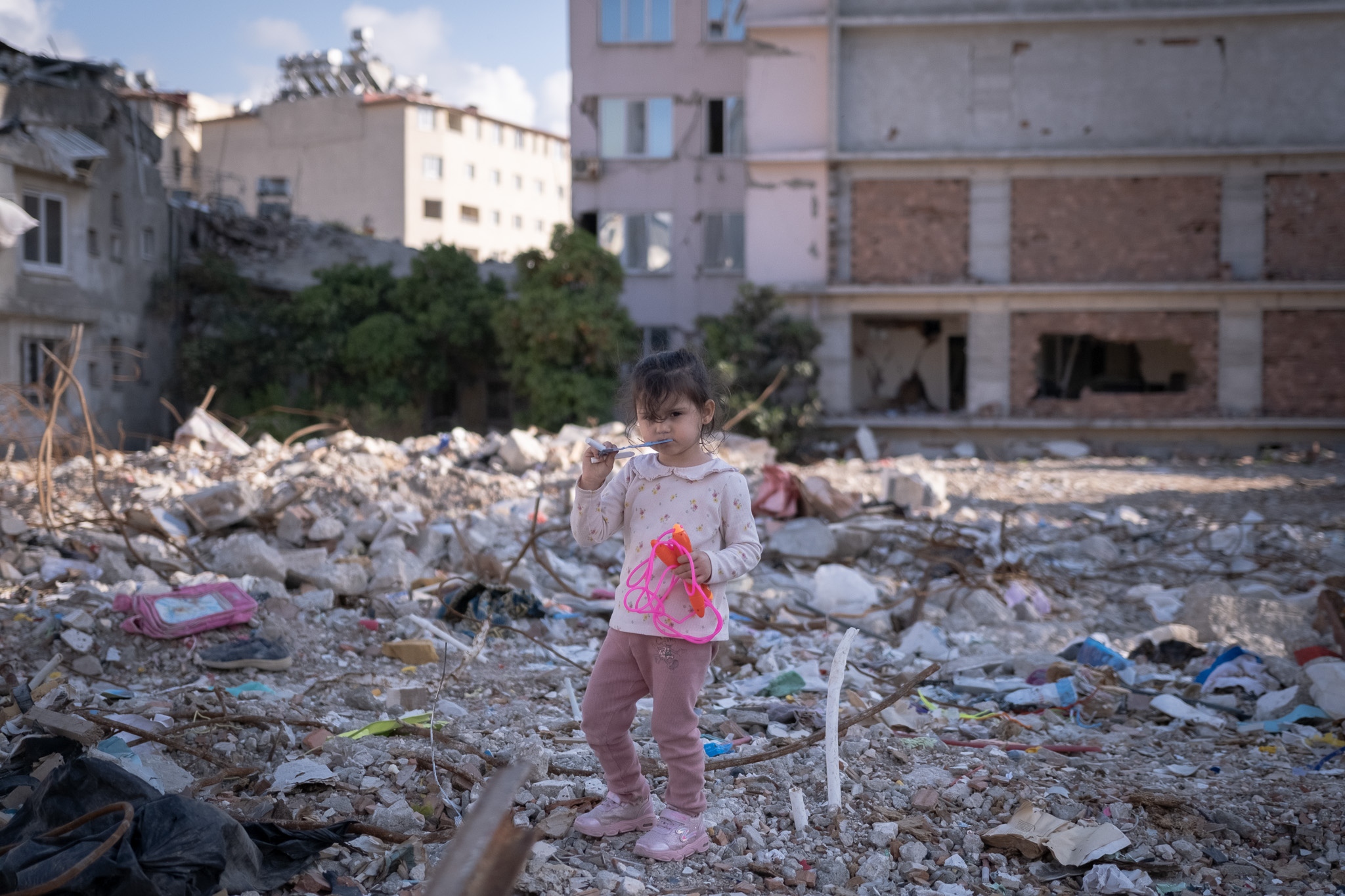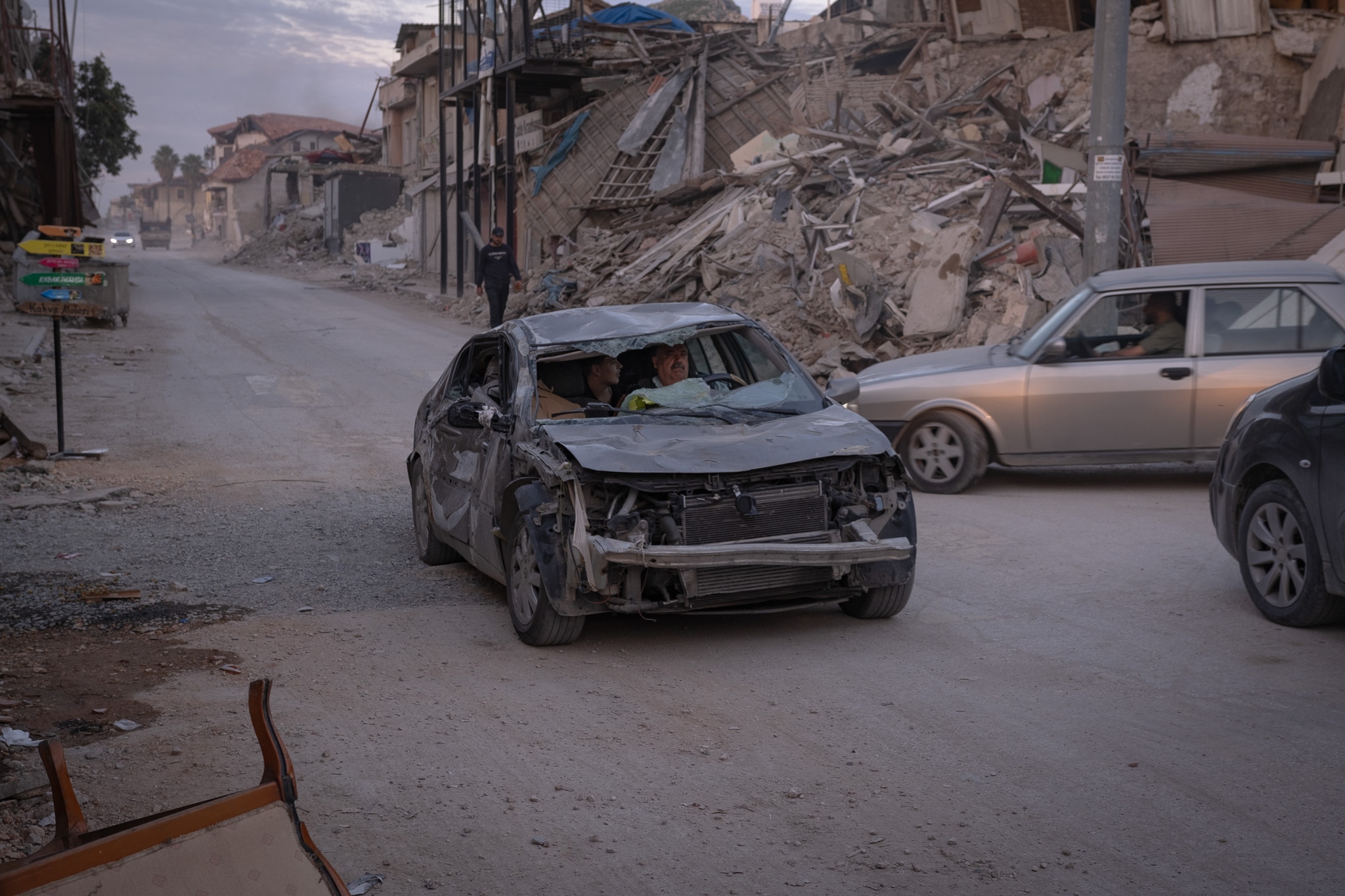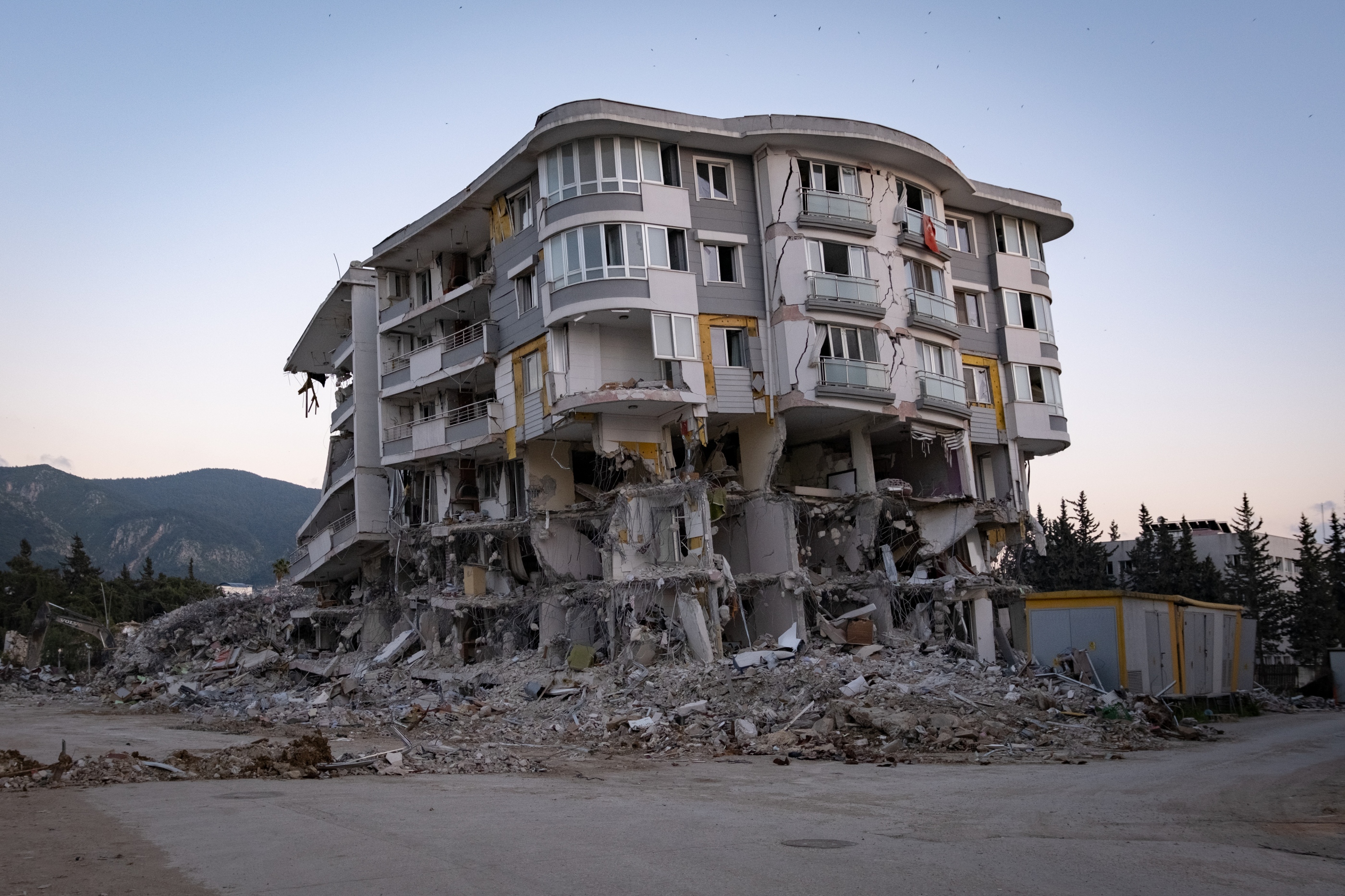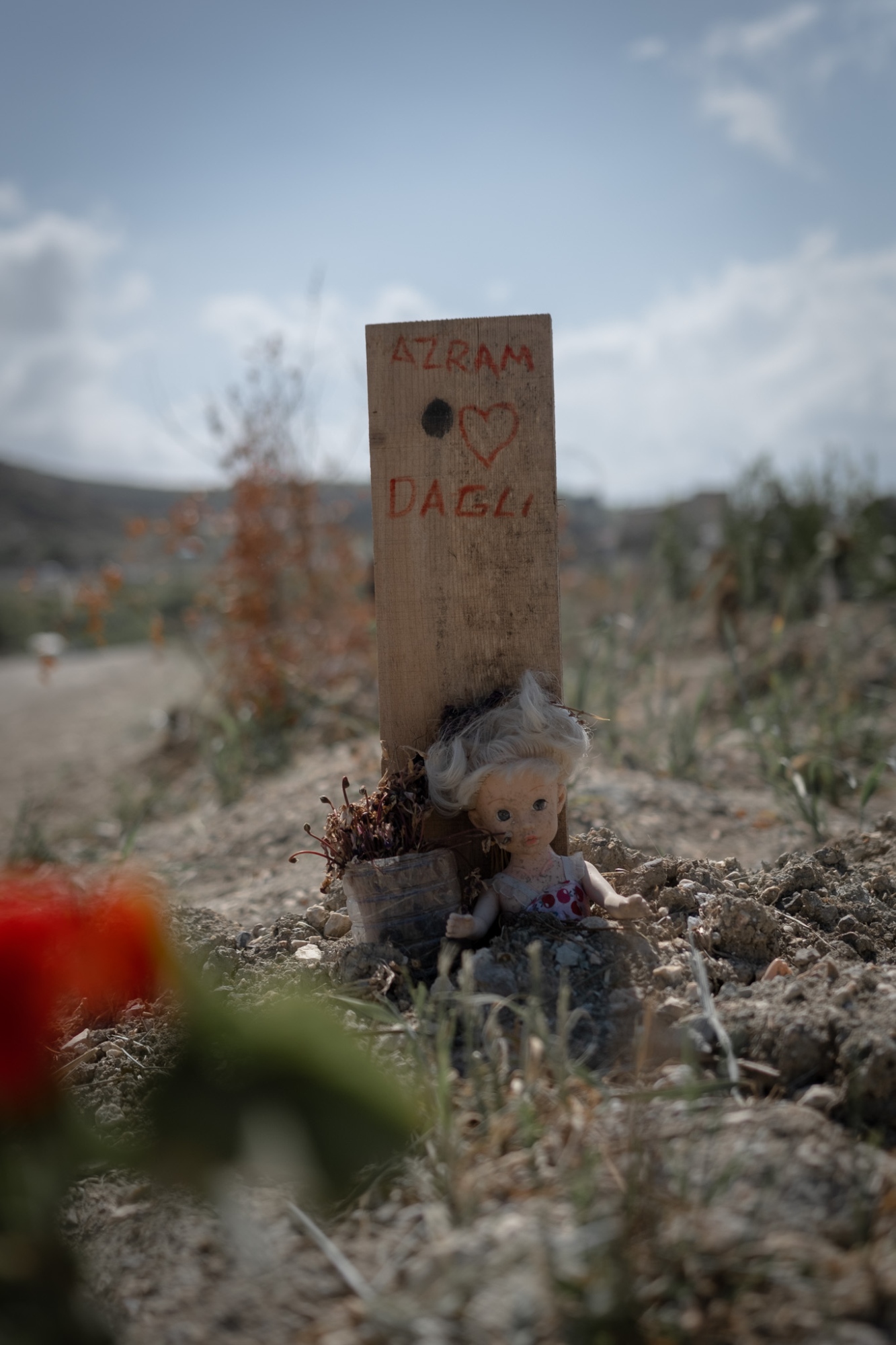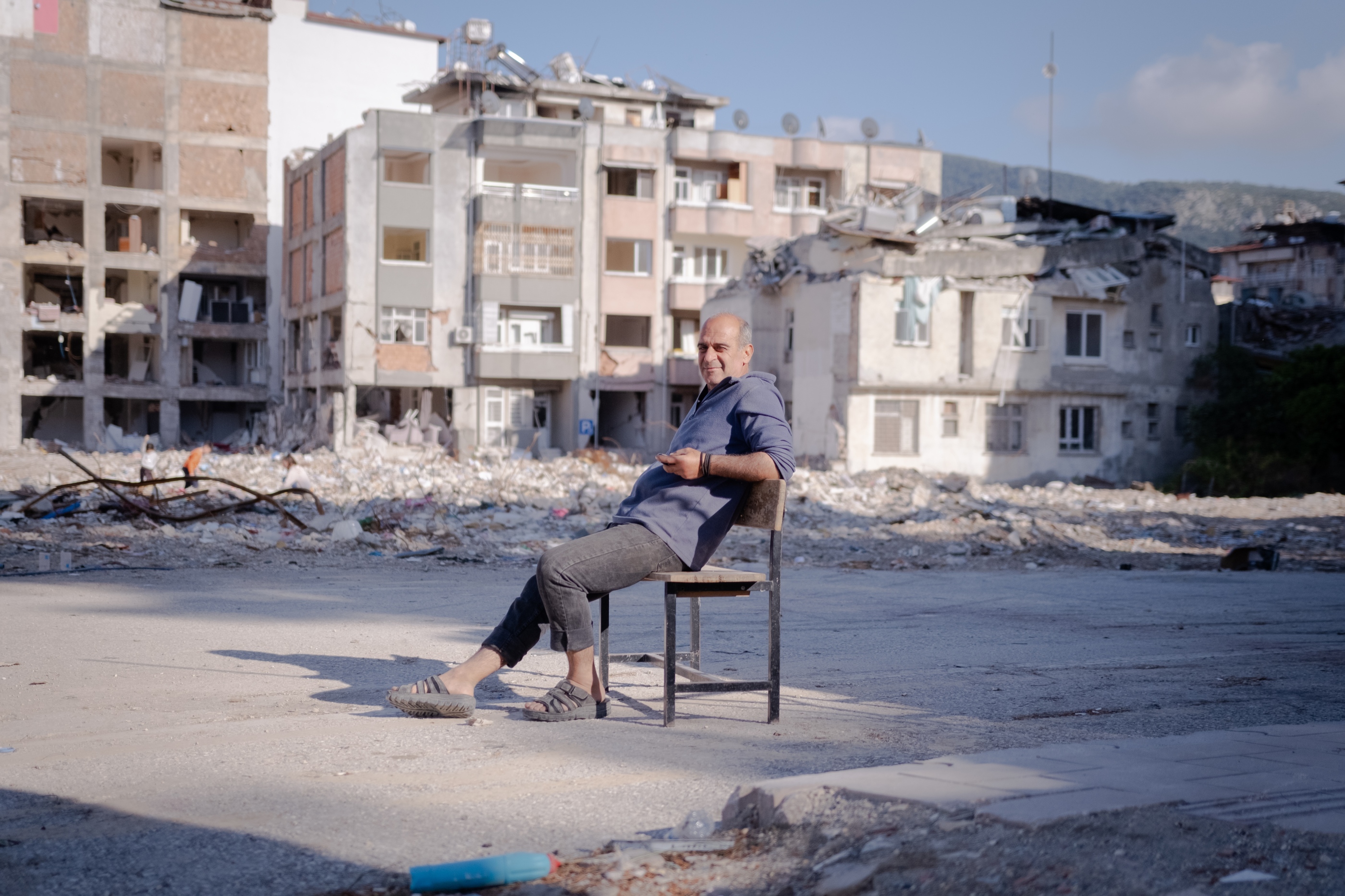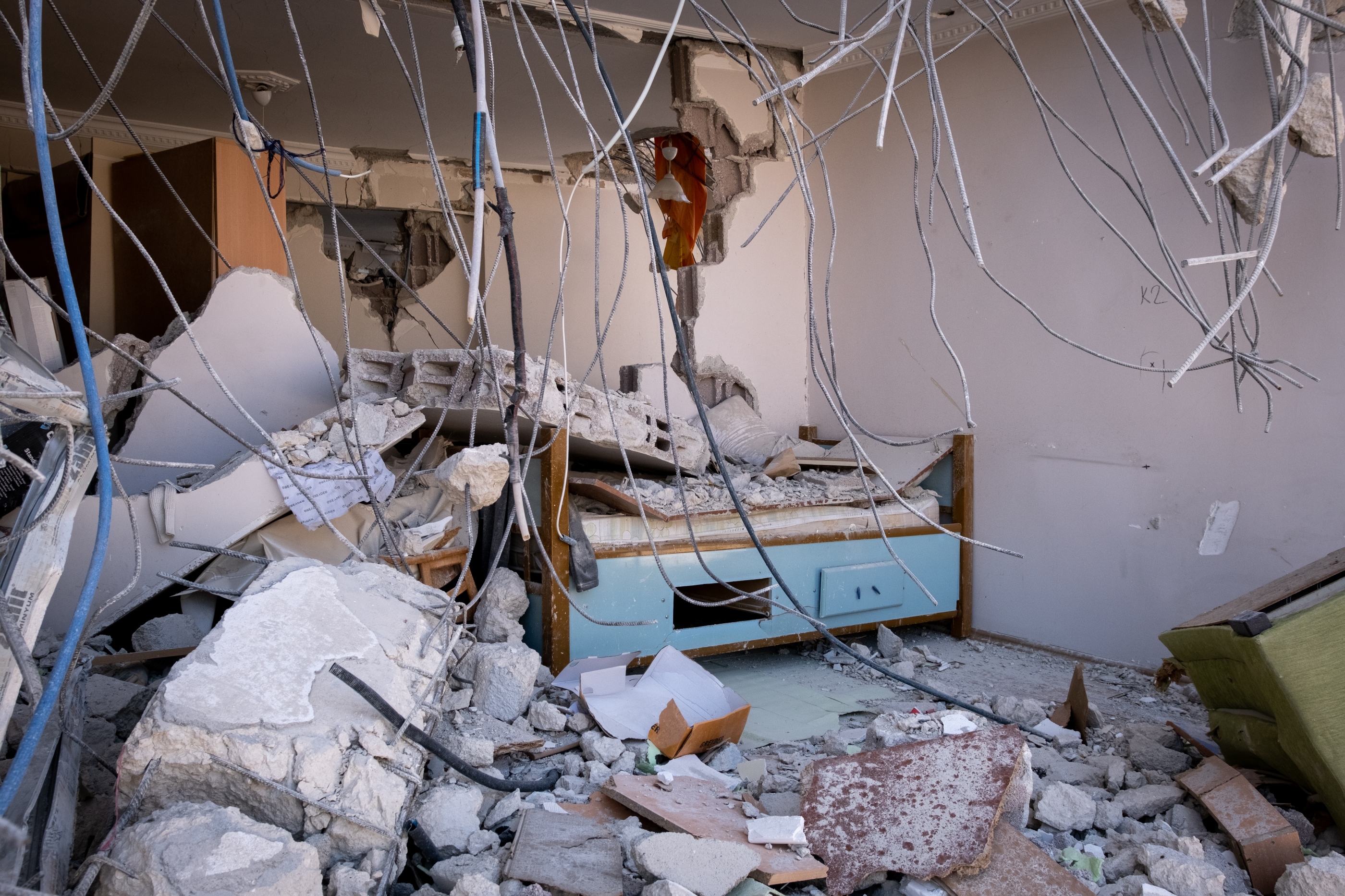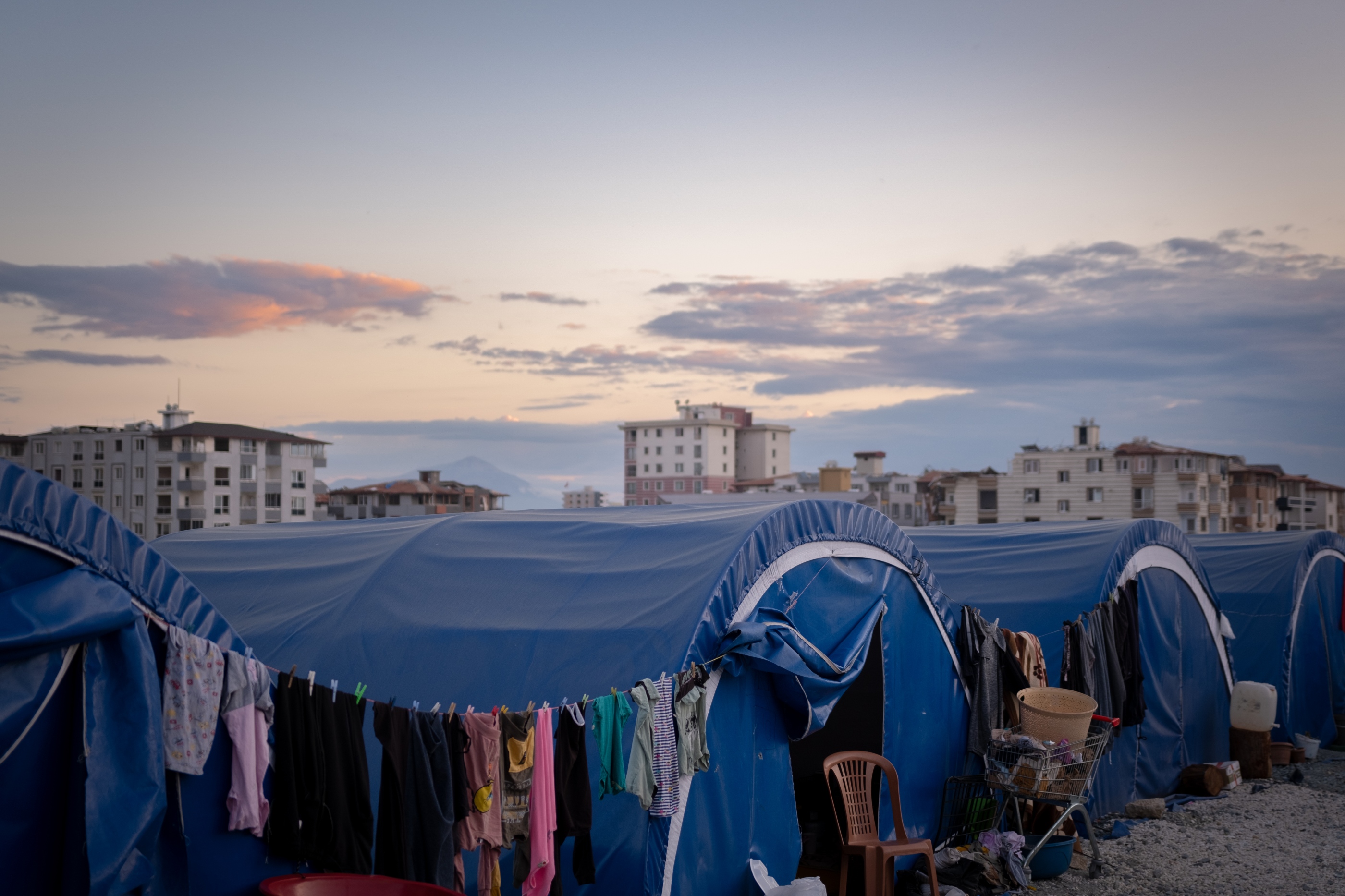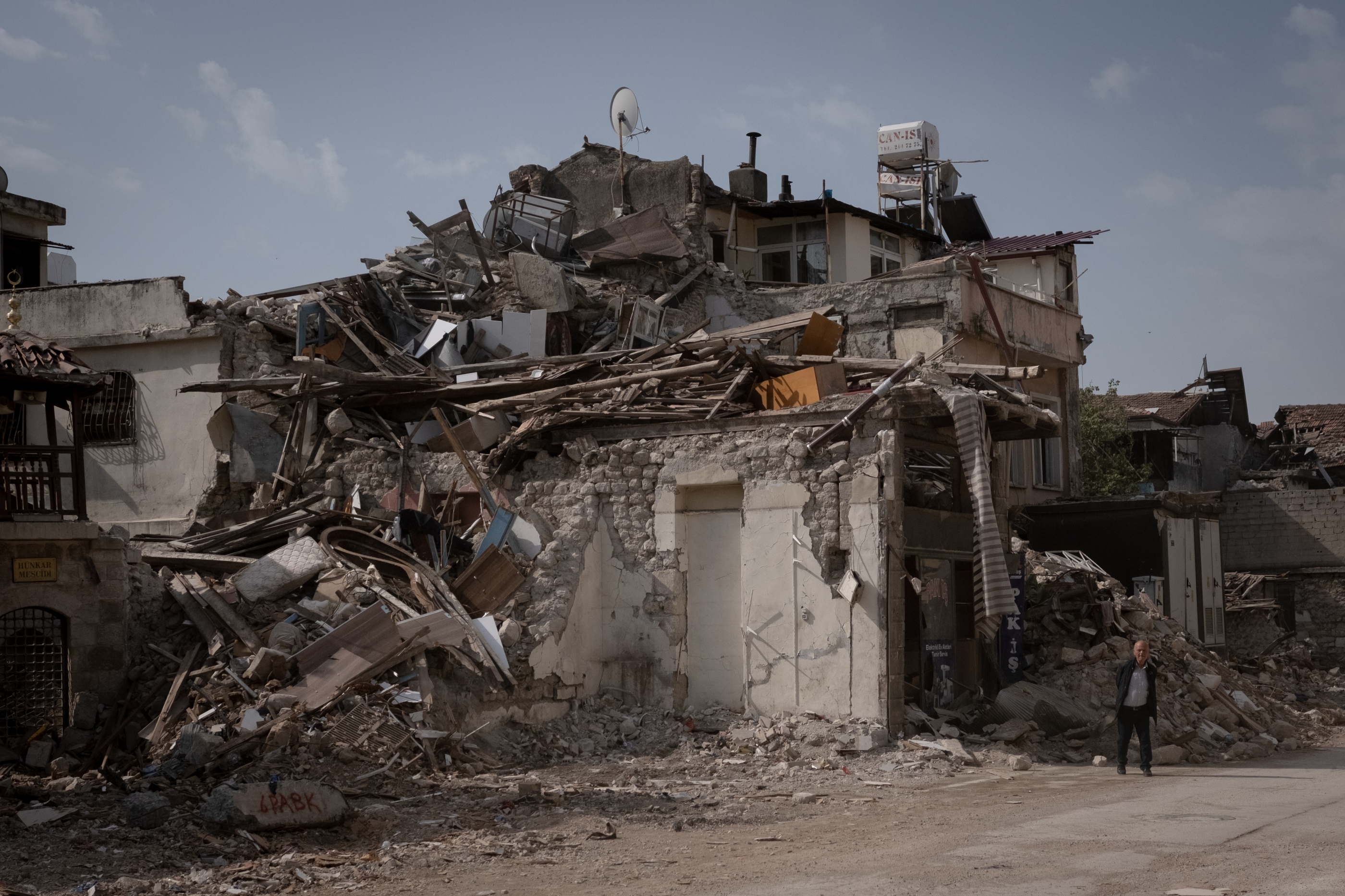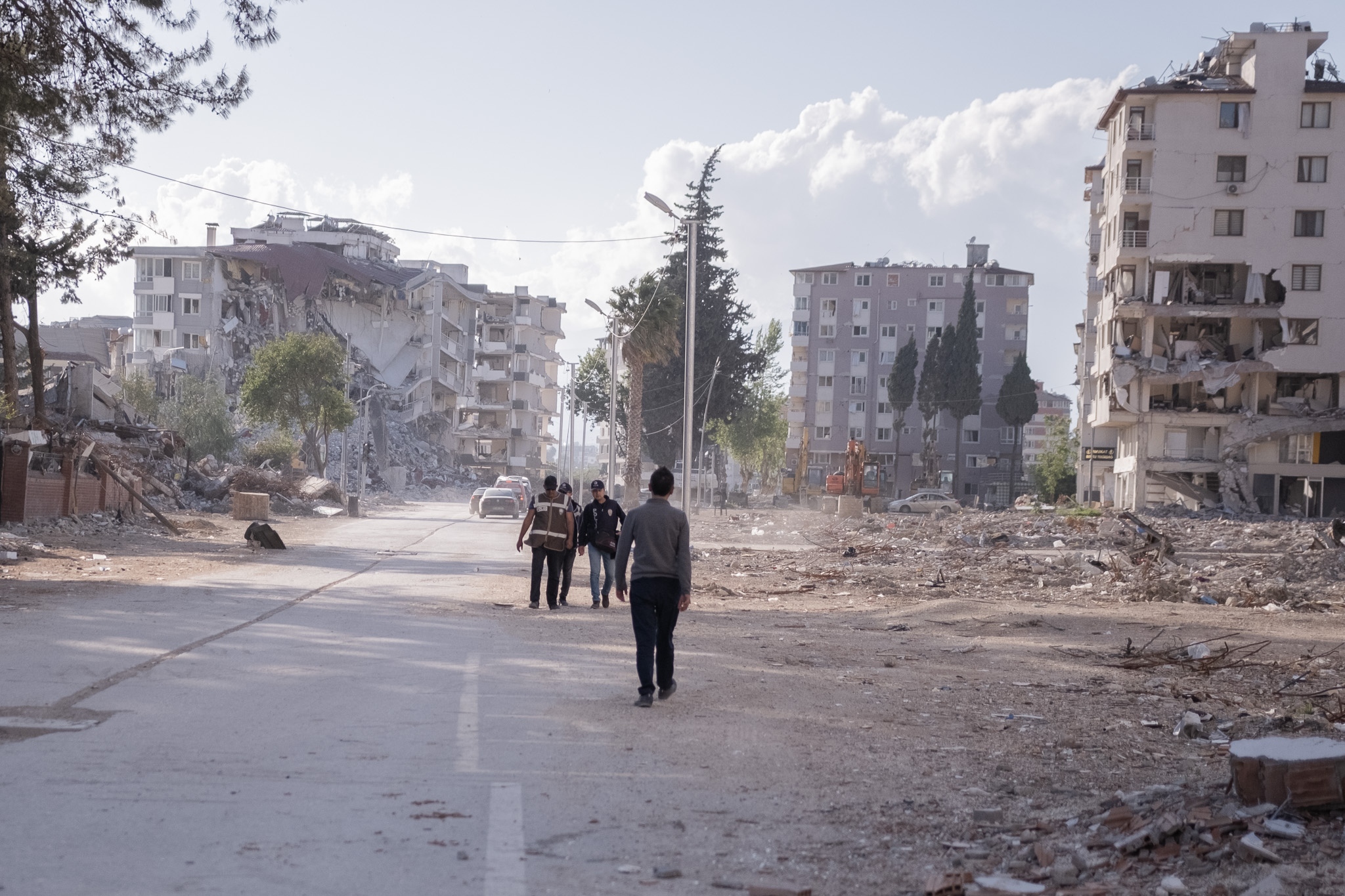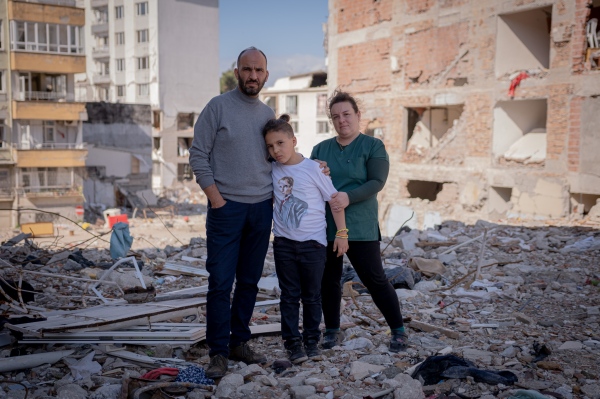
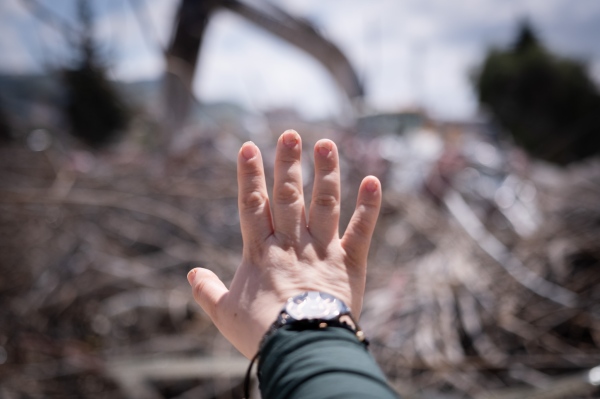
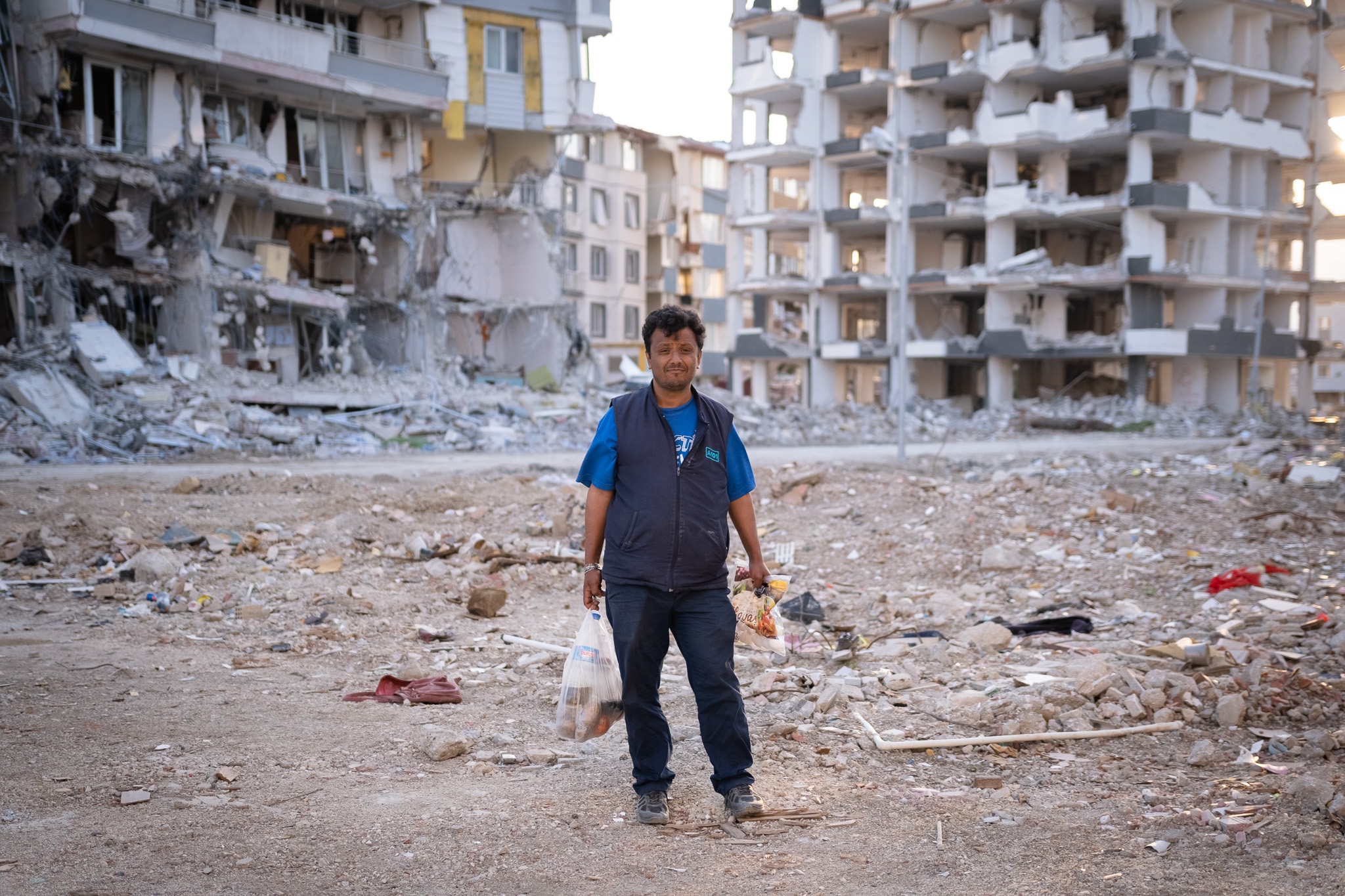
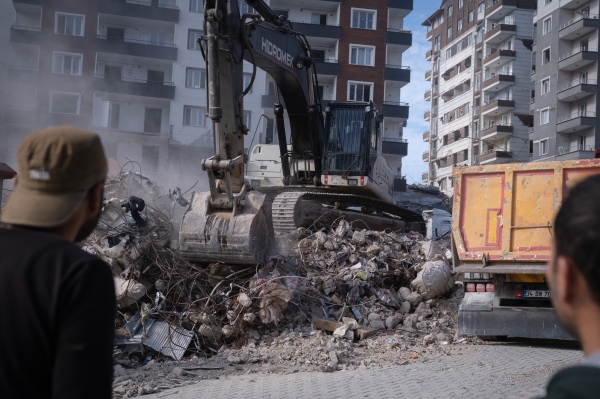
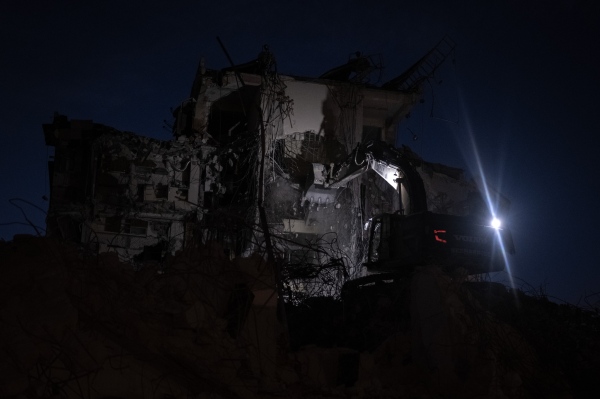
Despite losing old friends and his house, Volkan is relatively lucky, his son and wife, and his closest family members have survived the earthquake.
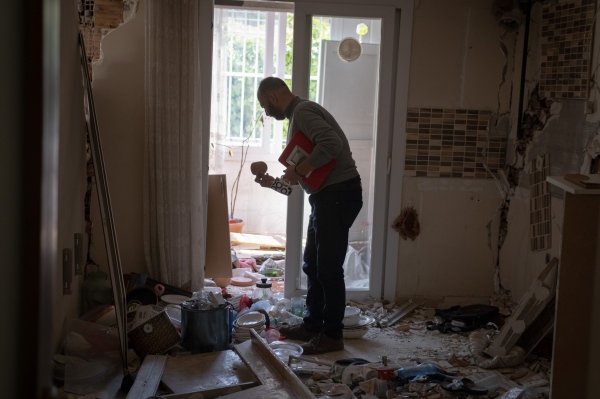
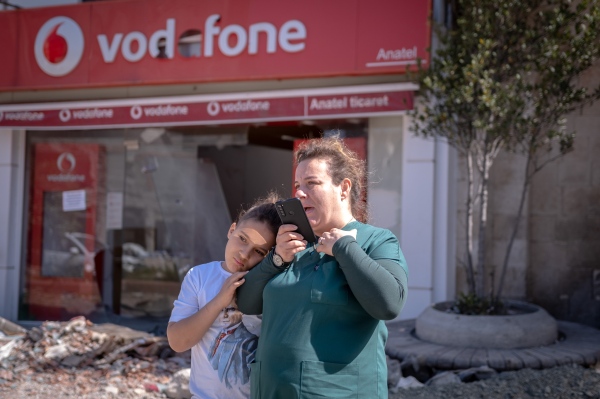
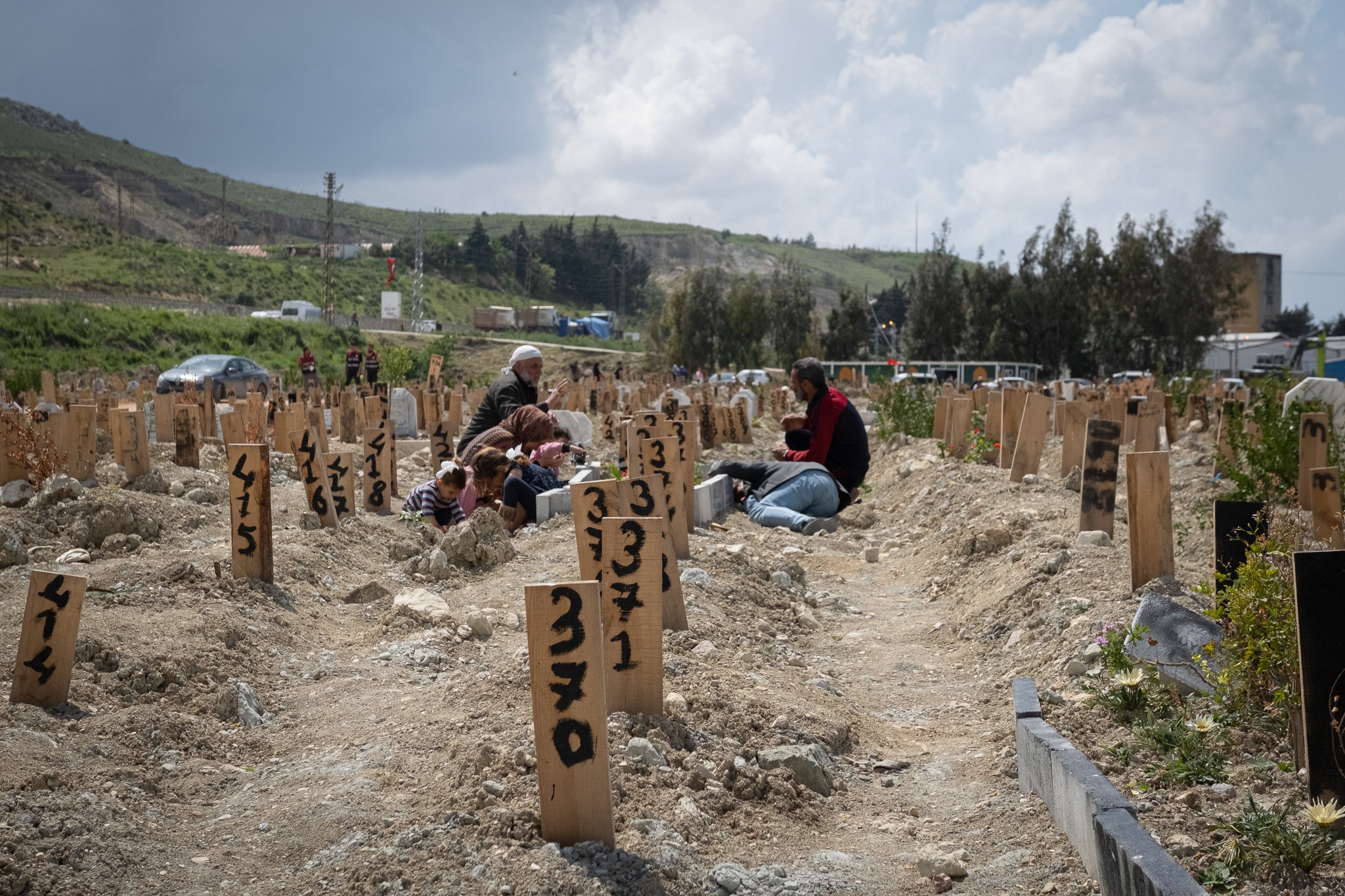
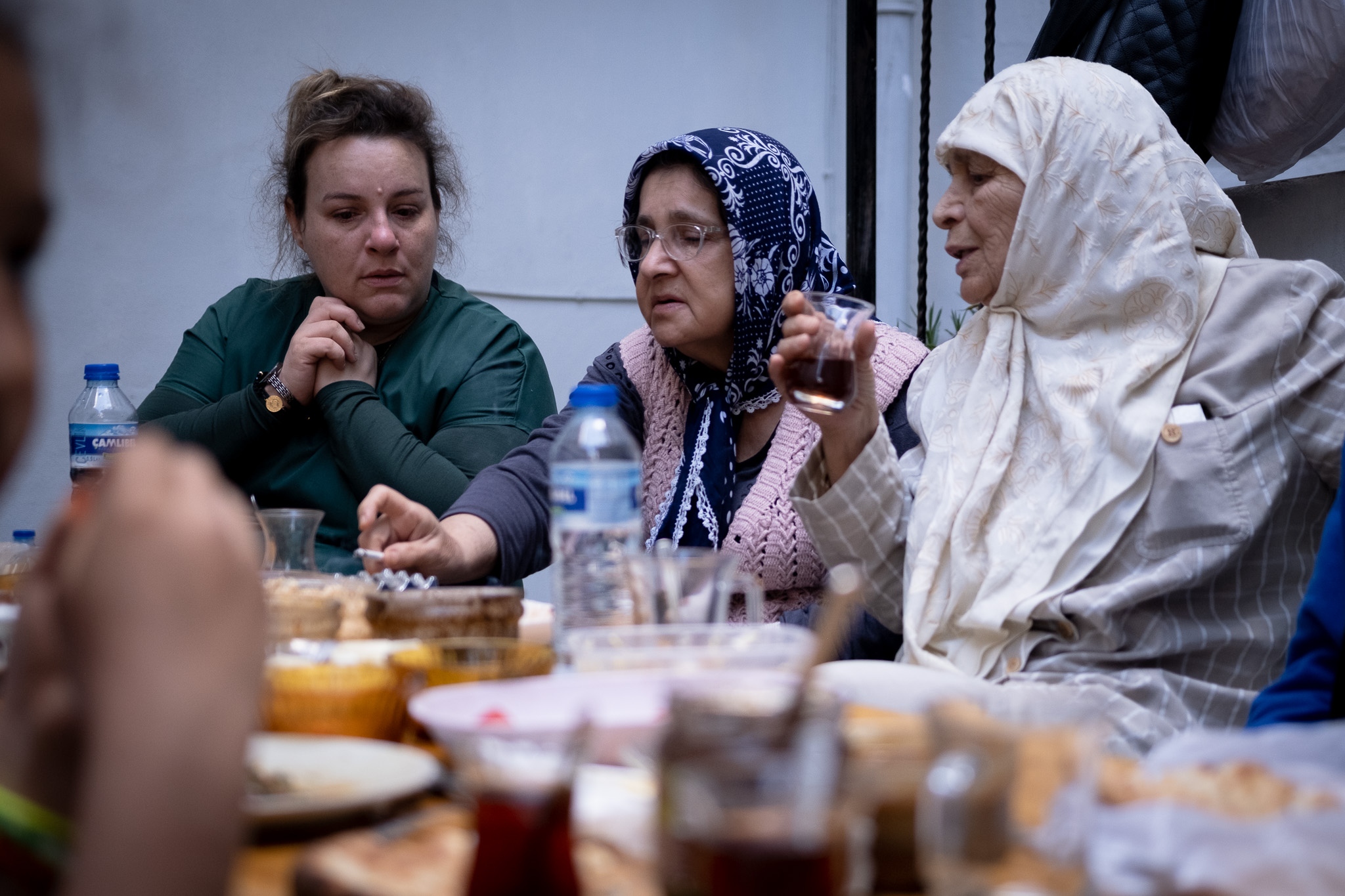
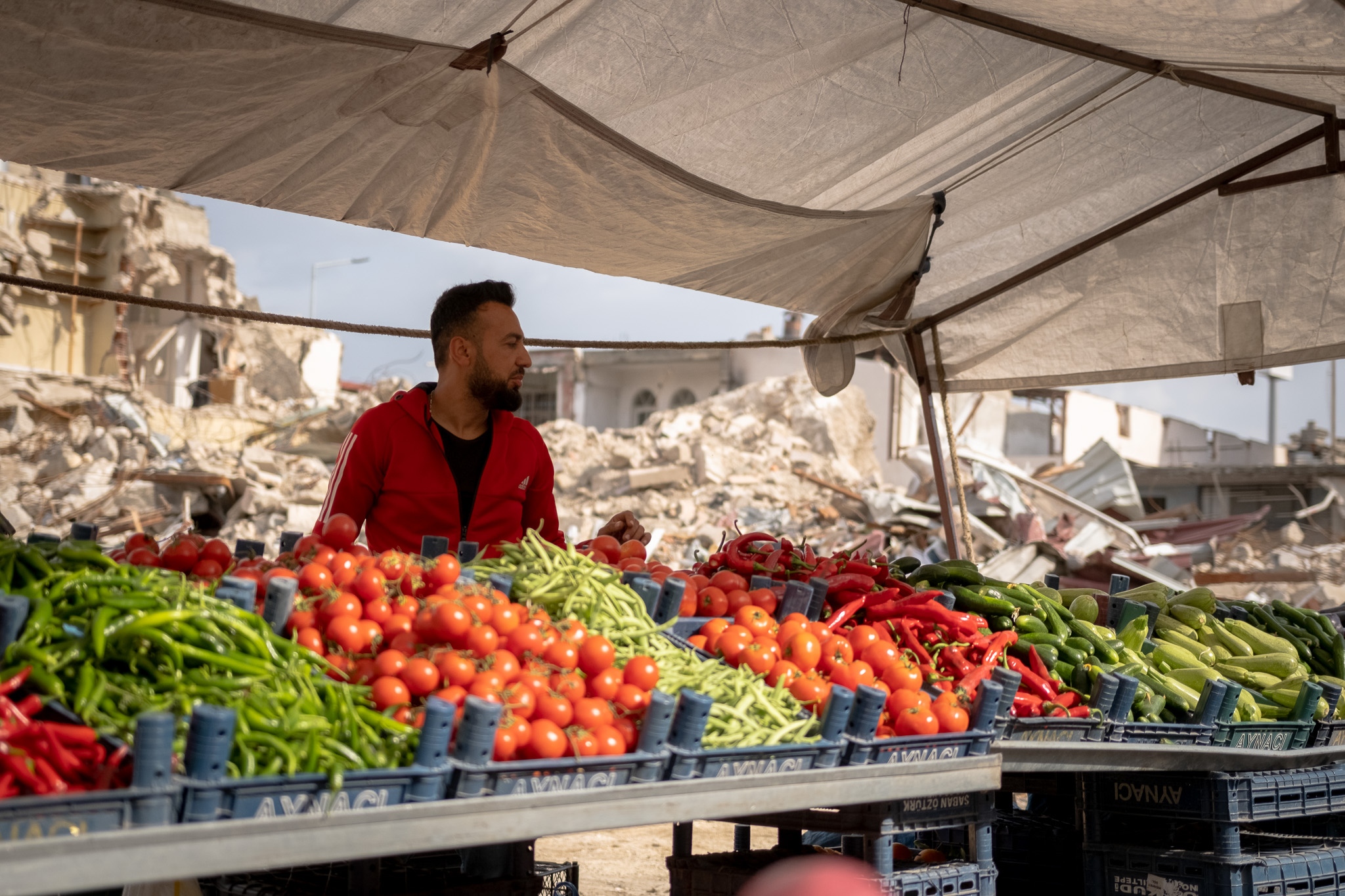
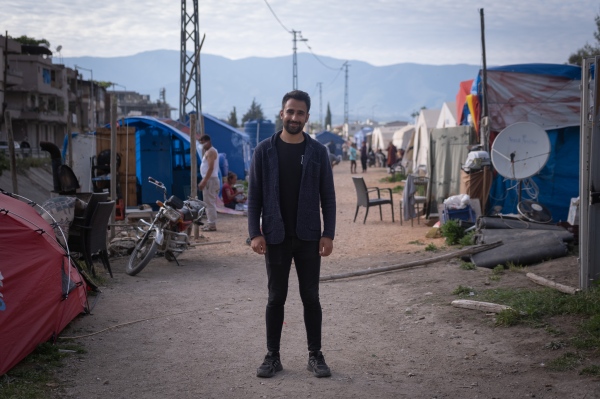
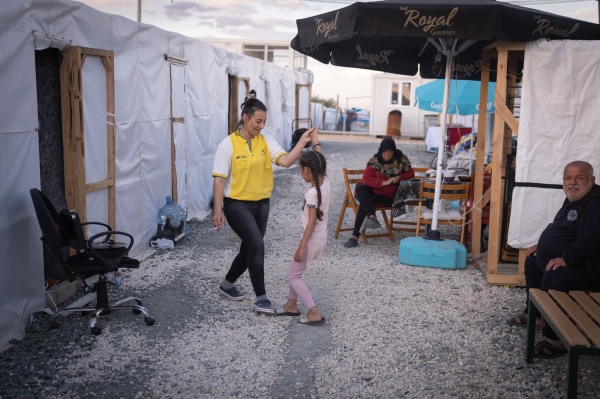
Despite the apocalypse, Antakya still votes for Erdoğan
Before the general election on May 14th, many polls suggested that the united opposition led by Kemal Kılıçdaroğlu had a healthy advantage over President Recep Tayyip Erdoğan. The vast number of losses and casualties during the earthquakes and the mismanagement of the economy produced a backlash in many parts of Turkish society that questioned the government.
However, in Antakya, Erdoğan still enjoys widespread support. Despite facing a united opposition, his support in this city has remained constant compared to the 2018 general election.
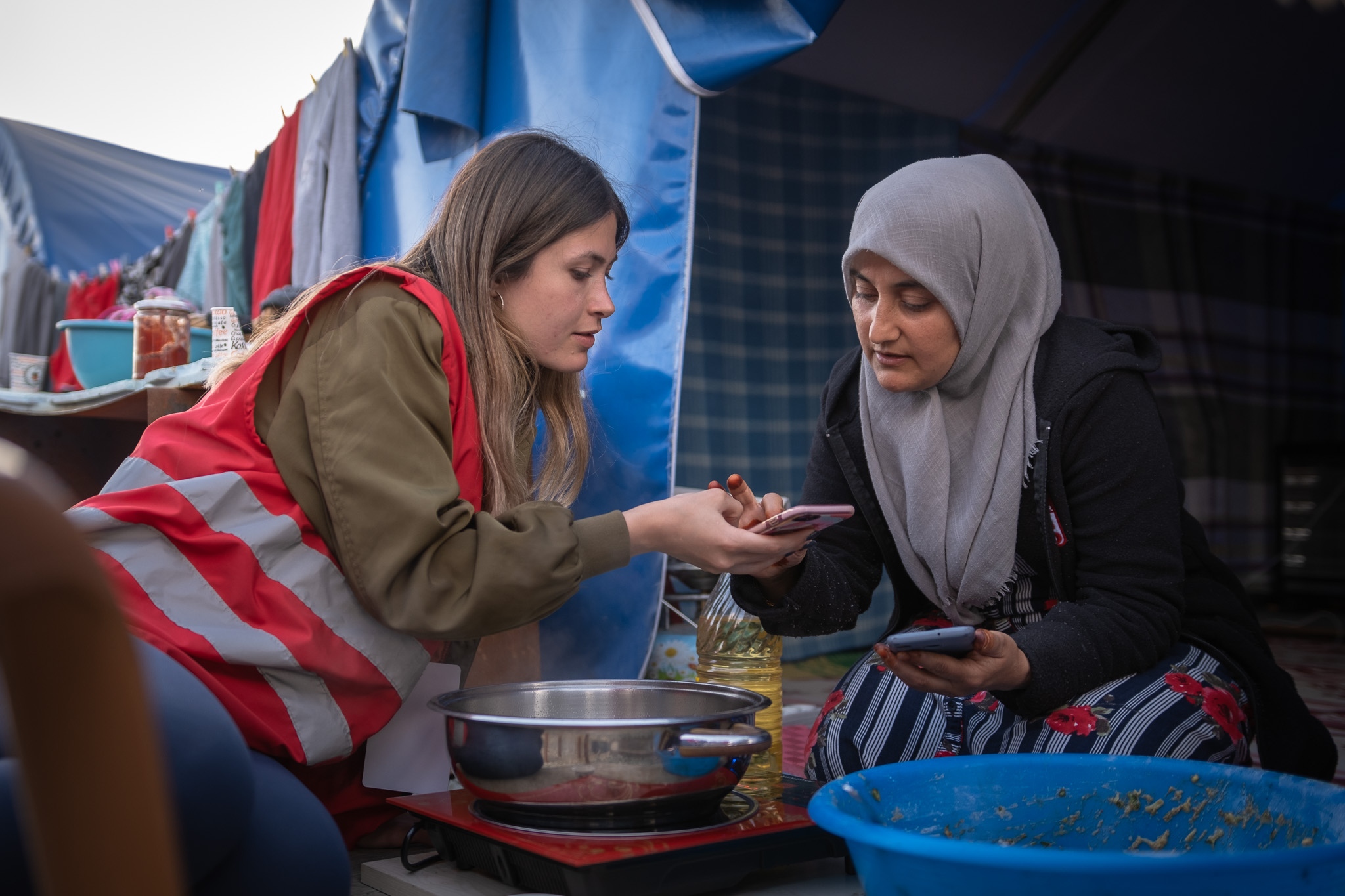
One of the factors that could have played a role is that, despite the earthquake, Antakya’s average voter has a conservative profile.
Abdurrahman, a local business owner whose shop has been destroyed and has stayed in Antakya, still hangs to Erdoğan’s vote based on a common identity: Islam ‘’Kılıçdaroğlu (opposition leader) is not a real Muslim, he has Armenian roots. Erdoğan is the right person for Turkey, he developed the country and I believe he will fix the economy. I will forever support him, he is Muslim’’ affirms Abdurrahman.
Pelin, a humanitarian worker in Antakya, thinks that different factors could have played a role. “People like stability, vulnerable people even more’’. In the Antakya district alone, more than 200,000 people had to abandon their homes and live in internally displaced camps.
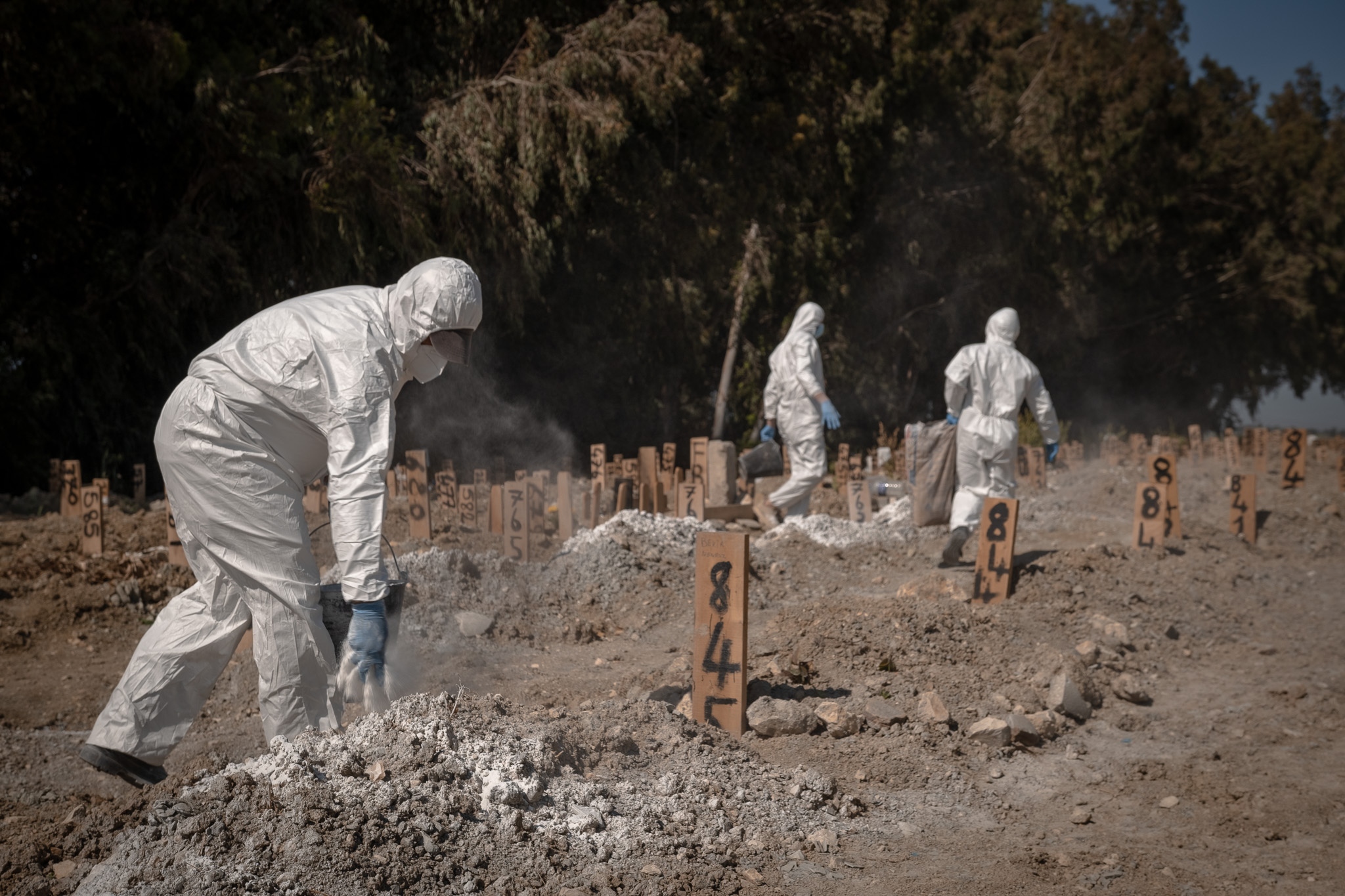
The city centre was the area most affected by the earthquake. According to Pelin ‘’These neighbourhoods were heavily populated by opposition supporters’’. It is here where most displaced people who have moved to other provinces come from.
All these people had to come back to Antakya on the 14th of May to vote. Despite many NGOs, political parties, and municipalities offering free transportation to the earthquake-hit areas, there is a large number of people who could not return to the city to cast their votes, which damaged the opposition's chances.
This is the case of Zeynep, she moved to eastern Turkey after the earthquake and could not come back on election day to vote for the opposition. ‘’I have a little daughter, it is so difficult to go there [Antakya] with her. [There is] no fresh air, no food, no clean environment…These [things] are very important for her’’.
